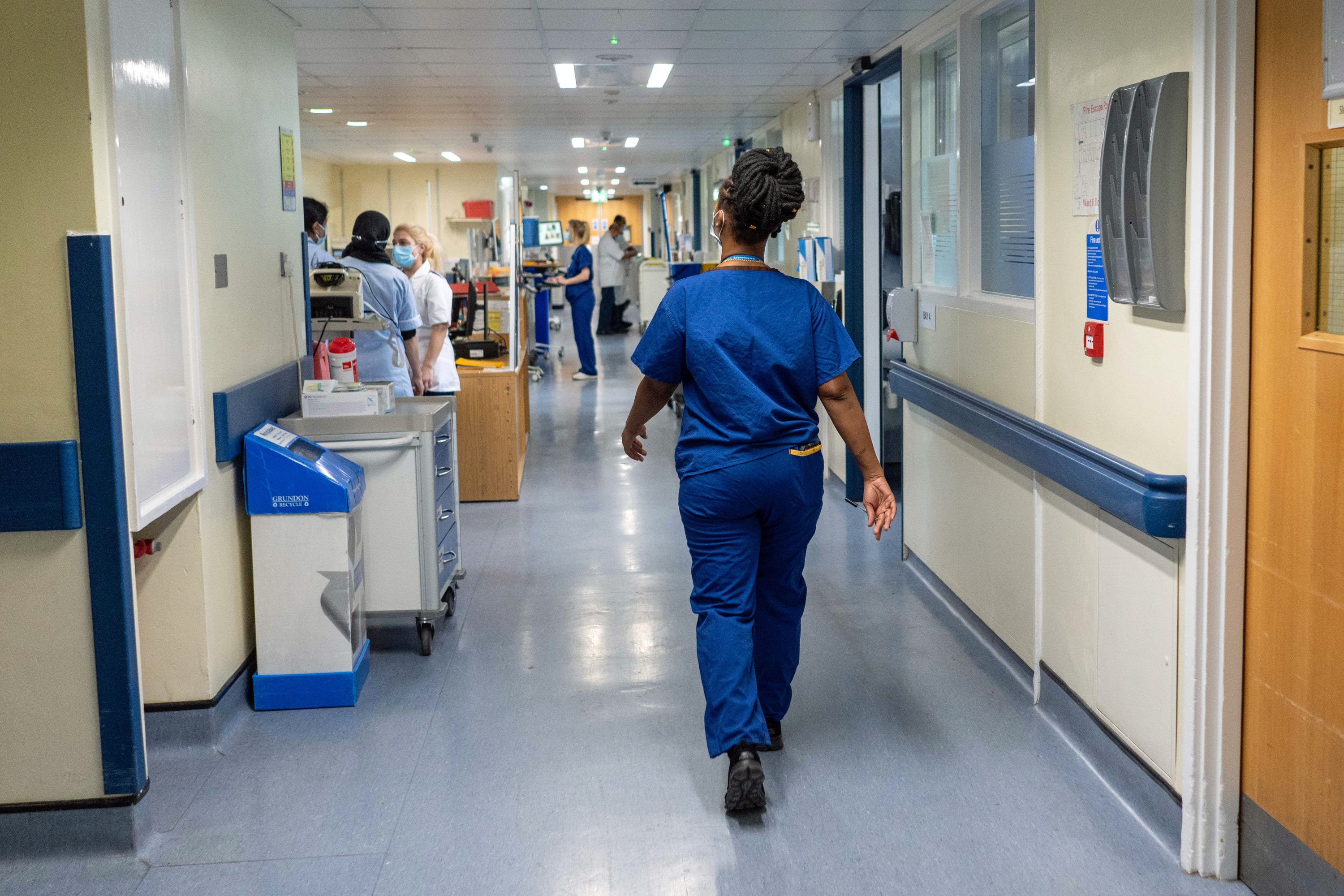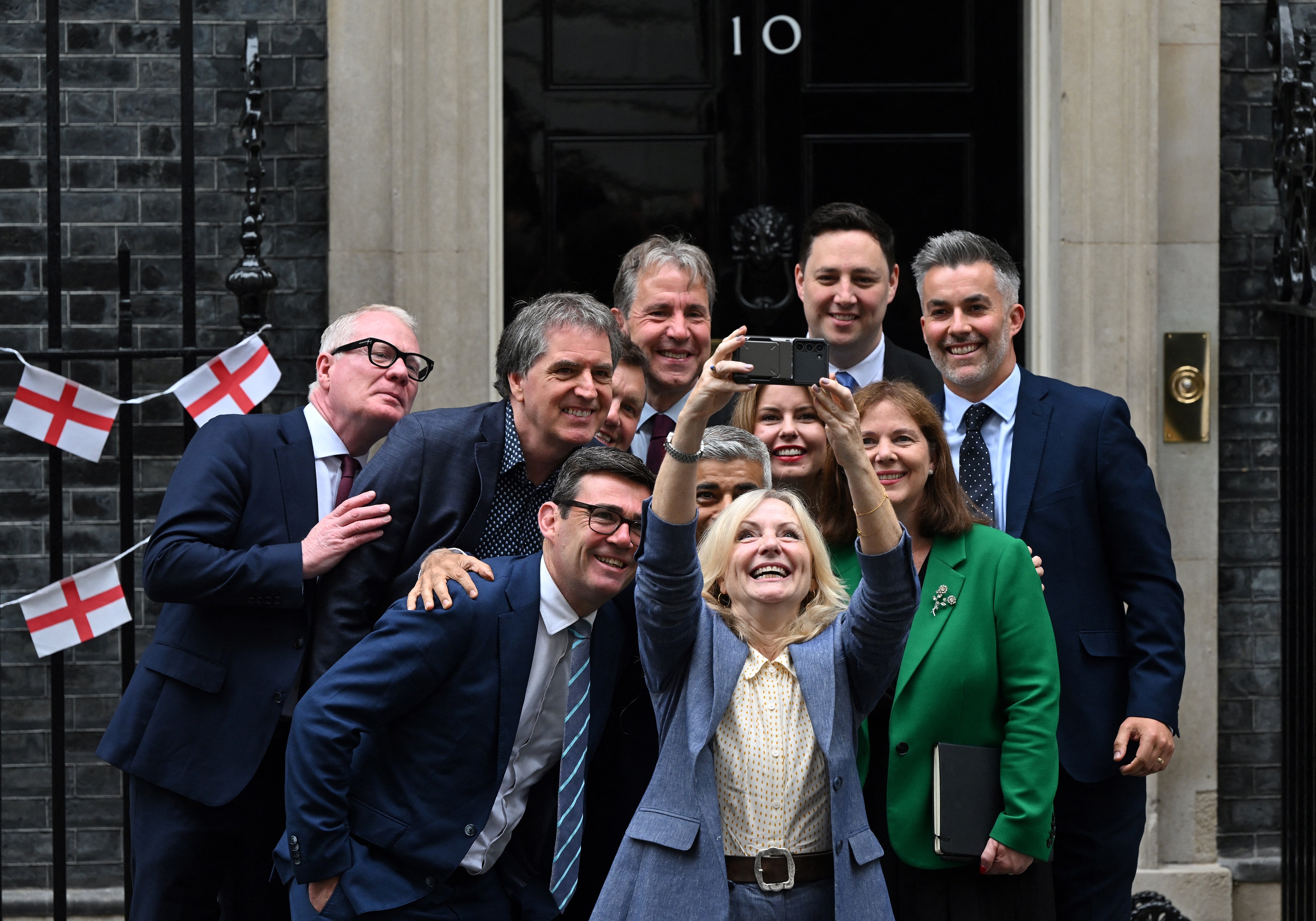
Labour announced a sweeping range of employment reforms on Tuesday, labelled the “biggest in a generation.” Prime minister Keir Starmer says the plans will tackle “the biggest drivers of unemployment and inactivity,” promising to “unlock growth and make people better off.”
Chief among the measures is a plan “overhaul” Department for Work and Pensions (DWP) Jobcentres, guarantee opportunites for young people, and prevent long-term sickness through NHS funding.
The government promises that the changes will mark a move away from the ‘tick box’ culture of the past and allow for a more personalised service for jobseekers.
The measures come as part of Labour’s ‘Get Britain Working Again’ white paper, published on Tuesday by work and pensions secretary Liz Kendall.

Sir Keir said: “From the broken NHS, flatlining economy, and the millions of people left unemployed and trapped in an inactivity spiral – this government inherited a country that simply isn’t working. But today we’ve set out a plan to fix this.
“Our reforms put an end to the culture of blaming and shaming people who for too long haven’t been getting the support they need to get back to work.”
Here’s everything you need to know about the plans:
Jobcentres “overhauled”
As part of their new plan, Labour says the Jobcentre system will be “transformed” into the new national jobs and careers service, pledging £55 million of investment.
This means that 600 Jobcentre Plus locations will be merged with the existing national careers service to create a more centralised public service.
It will be radically different to how Jobcentres work at the moment, the paper promises. Instead of focusing on just monitoring and managing benefit claims, there will be a renewed focus on skills and careers.
This will be supported by a trial of the latest technologies to support DWP workers. Labour says AI will free up work coach time to “provide up-to date information” on jobs, skills and other support. This will give them the flexibility to offer a more personalised service to jobseekers, bringing an end to “tick box culture.”
The trial will also look at how the DWP can bring services like CV advice and job adverts online, and make them easier to access.
Fixing the NHS to prevent long-term sickness
Labour’s new plan comes at a time when a record 2.8 million people are out of work due to long-term sickness – seven per cent of the working population. Experts say this is largely down to the combined effects of long-term NHS spending cuts and the Covid pandemic.
To address this, the government has pledged that extra NHS capacity will be deployed to 20 areas across England where levels of economic inactivity are highest.

The paper also takes the opportunity to restate Labour’s manifesto pledges for the health service. It highlights the plans to provide an extra £22.6 billion in 2025/26 to support the delivery of 40,000 additional appointments, lower waiting times and 8,500 mental health staff.
Alongside this, the government will invest £125 million in eight areas across England and Wales to improve local work, health and skills support. These will be: West Yorkshire, the North East, South Yorkshire, York and North Yorkshire, Greater Manchester, plus two areas in London and one in Wales.
Youth Guarantee Scheme
Under the new plans, every 18- 21-year-old in England will be ensured access to an apprenticeship, training or education opportunities to boost their chance of securing work. This is what Labour calls the ‘Youth Guarantee,’ a measure that was included in their manifesto.
The scheme comes as the most recent statistics show that 869,000 people aged 18 to 21 are not in education, employment or training. This represents 15 per cent of people in this age bracket, and the highest the figure has reached since the Covid pandemic.
As part of the guarantee scheme, partnerships with cultural or sporting organisations have been established to offer work or learning opportunities to young people. So far, these include the Premier League, Channel 4 and the Royal Shakespeare Company.
Alongside this, £45 million will be invested into eight youth “trailblazer” areas across the country to identify young people at risk of becoming inactive and providing them with opportunities.
But “in return for those new opportunities”, the DWP says, “young people will be expected to engage with training or work that’s on offer.”
Work and pensions secretary Liz Kendall has confirmed that this means those who don’t take up training or work opportunities will see their benefits sanctioned, including possibly losing them entirely.
Greater powers for local mayors
Working with the 12 metro mayors, Labour has pledged to invest £15 million and devolve power to local areas to create work plans tailored to local needs.
The government says this will deliver “real employment opportunities for people who know their communities best.”

Liverpool Mayor Steve Rotheram said: “Devolution is already making a huge difference to people’s lives in the Liverpool City Region. We’ve helped thousands of people into work, created opportunities for young people through apprenticeships, and supported adults to gain the skills they need to thrive.”
“That’s why I welcome the government’s plans to give Mayors more of the tools and resources we need to break down the barriers keeping people out of work.”
Disability benefits reform still on the way
Addressing their planned “overhaul” of health and disability benefits, Labour has confirmed that measures will be brought forward, and a consultation launched in early 2025.
The party recently maintained a commitment to Conservative spending plans to shave £3bn from the welfare bill over the next four years. This has led to fears from welfare rights campaigners that much-maligned reforms to disability benefit health assessments may still be on the cards.
For the latest news and advice about benefits, the DWP and the cost of living, visit The Independent’s regularly updated guide.







